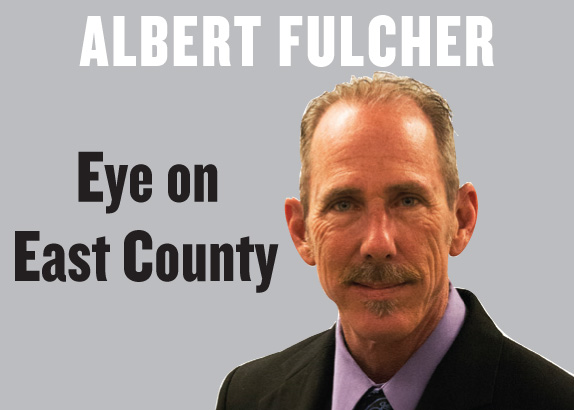It is hard to explain the impact that the inaugural GI Film Festival San Diego had on me as I watched only three out of the 28 films offered through this event. I thought I had a good understanding of American history, especially military history, but I was wrong. I though I had a good grasp of America’s role in the world as a major power that strives to defend democracy wherever it deems necessary. Again I was wrong.
It is hard to explain the impact that the inaugural GI Film Festival San Diego had on me as I watched only three out of the 28 films offered through this event. I thought I had a good understanding of American history, especially military history, but I was wrong. I though I had a good grasp of America’s role in the world as a major power that strives to defend democracy wherever it deems necessary. Again I was wrong.
In just the three films that I watched that showed the history of the USS Indianapolis, a story I thought I knew well, but quickly realized that there were many things in this tragedy that are untold in our history books. It is no wonder this film took 15 years to make. In watching “American Umpire” written and directed by a couple in Mt. Helix, again I was shown just how little I know about America’s role in the world, both present and past.
Unable to see all the films, I am amazed at how many of them had local ties, and wish I had the opportunity to go back and see the other 25 films. At the festival, one of the founders of the GI Film Festival said that he was going back to Washington DC and letting them know that San Diego could very well outdo what they have done for many years and hopes that San Diego will continue to sponsor this event. That is my hope also. Our educational system does not cover the particulars of history, only dates, famous names, wars, events and does not even come close to examining the why’s of what our history means to us now and in the future.
These provocative films do exactly that. Not only retelling stories from the people involved, but in provoking conversations about what our future holds and how we, the people, should be involved in the future history of our country. This boils down to what we do in our communities every day.
This also showed me that in our local community we have many heroes, champions and teachers that are willing to put a lifetime into ensuring that we and our children are well educated, not only in the norm, but in the entire perspective of an event, ideal or moral issue. All three of the films that I watched touched on all of these things. In some ways, they changed my life forever in the way that I look at government policy, from the local to the federal level. And these films were not biased or degrading our political system. They were factual, engaging and thought provoking.
I am always amazed at the talent, dedication and history that East County has. But in watching these films, I feel that it will help me in becoming more engaged with the people in our community. Because it really does not matter if the subject is military or government related. There are many people in our communities that have lead fruitful lives and are a part of the history of this region in the every day work that they do. The San Diego East County Chamber of Commerce Women in Leadership Luncheon is a great example. Only seven were honored, but 35 were nominated and in looking and hearing these women that are making a difference in our community every day is just as encouraging, thought provoking and educational as the films I just saw. Although I believe that all should be honored, just as in the films, there was no glory or victory to celebrate. But it is a reminder that as one person or a community that the decisions and actions that we make today will make its mark on our chronicle. Learning history is something that is past, but it is so much more than that. History is a living, breathing entity that makes a difference in our lives and actions every day. If we look at it that way, perhaps the opportunity of our communities and beyond will have an impact on the history that we make today.
We have some political decisions that need to made here very soon. We might want to look beyond today and at yesterday while we are making our choices.














